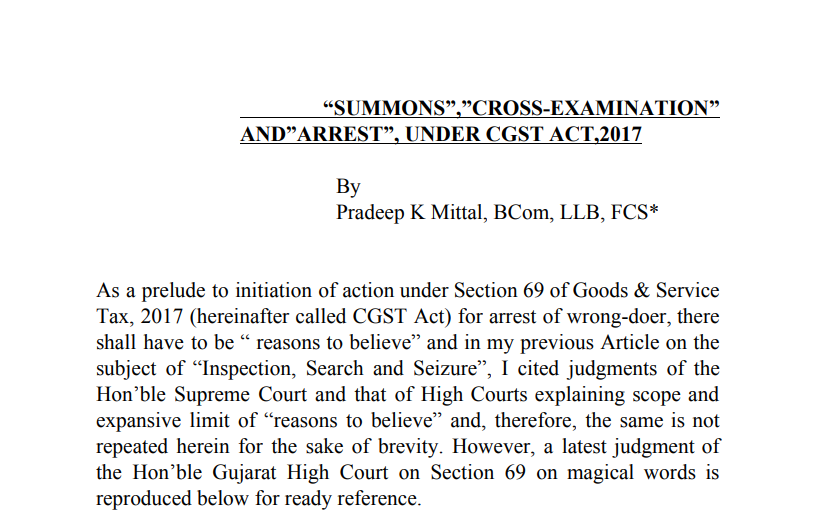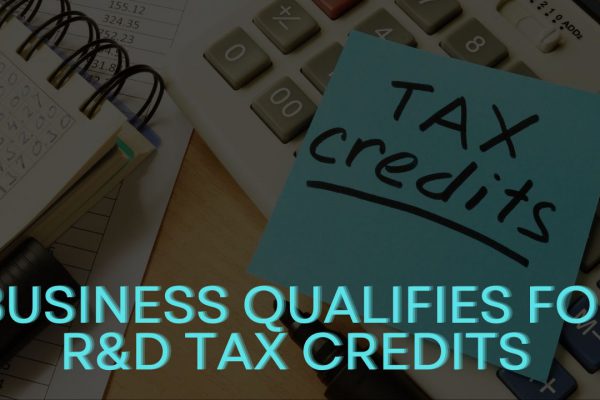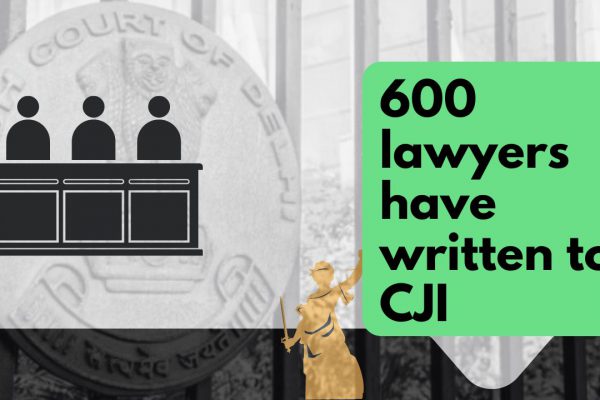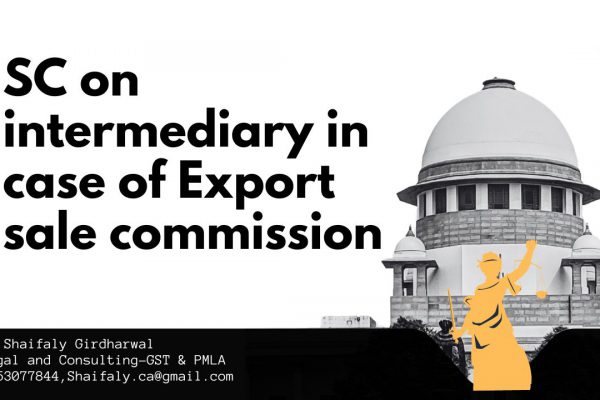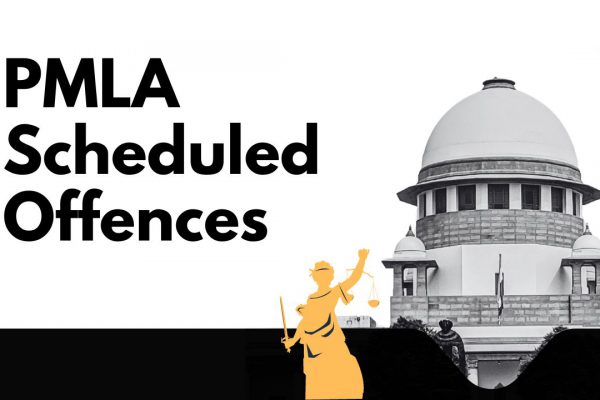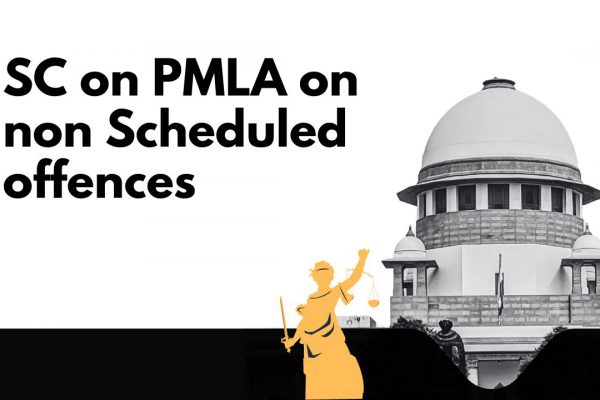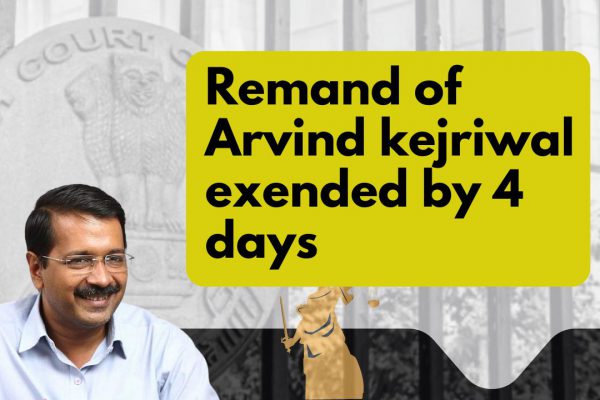Summons, Cross-Examination, And Arrest, Under CGST Act, 2017
Summons, Cross-Examination, And Arrest, Under CGST Act, 2017
As a prelude to initiation of action under Section 69 of Goods & Service Tax, 2017 (hereinafter called CGST Act) for the arrest of wrong-doer, there shall have to be “ reasons to believe” and in my previous article on the subject of “Inspection, Search and Seizure”, I cited judgments of the Hon’ble Supreme Court and that of High Courts explaining the scope and expansive limit of “reasons to believe” and, therefore, the same is not repeated herein for the sake of brevity. However, the latest judgment of the Hon’ble Gujarat High Court on Section 69 on magical words is reproduced below for ready reference.
2: The DB of Gujarat High Court in Nathalal Maganlal Chauhan Vs. State: MANU/GJ/0858/2020, dealing with the issue of “reasonable belief “ under Section 69 of CGST Act, whether that of “commissioner” or the “officer of central tax” upon whom the power has been delegated to arrest, has held that it could of any one of them:-
In short, Mr. Pandya is trying to draw a distinction between a particular power to be exercised and the power to be exercised based on the reasonable belief of the authority. In our opinion, it does not make any difference. The very same reasonable belief will be that of the authority upon whom the power is delegated. The power under Section 69 of the Act can be exercised by the authority upon whom the power is delegated provided the delegatee has reasons to believe that the assessee has committed an offence under Section 132 of the Act.
Related Topic:
Declaration u/s 138 is Mandatory in case of Delivery Challan: High Court
2.1: In my most respectful submission, in Section 69, it is Ld Commissioner who has to form “reasons to believe” for taking action for “arrest”, may authorize any officer of Central Tax to carry out arrest – Section 69 call upon the Commissioner to form “reasons to believe” and not anyone else.
3: As per Section 50A of Cr PC, information about his arrest is required to be given to his friends, relatives, and persons as may be nominated by such arrested person – this right of arrested person shall have to be informed to him after he is brought to the police station. At the same time, the Magistrate shall have to satisfy that this right of “arrested persons” has been complied with.
Related Topic:
Principle Governing Attachment of Property Under Section 83 CGST Act, 2017
4: As per Section 69(2) CGST Act read with Section 57 Cr PC, the arrested person is required to be produced before Magistrate within 24 hours. The Hon’ble Supreme Court in Badaku Joti Savani Vs. State AIR 1966 SC 1746, has held that Excise Officer has powers of Police Officer but, however, the statement made before Excise Officer is not hit by Section 25 of Indian Evidence Act and these statements can be relied upon against the accused during adjudication proceedings. The CBEC, vide Circular No.171/6/2013-ST dat.17.9.2013 issued instructions, which inter,-Alia, requires that person not below the rank of “Superintendent” should be authorized to arrest and “Arrest Memo” should contain details (a) Brief Facts (b) Grounds of Arrest (c) date and time of arrest, etc. Medical examination to be carried out. Females should be arrest only by a women police official. The safeguard should also be equally applicable to the proceedings under the CGST Act.
5: As per Section 69(3)(b) read with above Circular, in case of non-cognizable offense and bailable offense, the Dy Commissioner/Asstt Commissioner has been authorized to release the arrested person on bail subject to furnishing of person bail bond and one surety of like amount for further appearances before the DC/AC. The amount of bail bond will depend upon the tax involved. If the conditions of bail bonds are not fulfilled, such a person shall be produced before Magistrate within 24 hours. However, in the case of non-bailable offense, the court has the discretion to grant bail or Jail depending upon facts and circumstances of the whole case.
6: The Supreme court in D K Basu Vs. State of WB AIR 1997 SC 610 mandates that the person arresting should bear his identification – with name and designation and Memo of Arrest should be attested by at least one witness who could either be a family member or a respected person of the locality.
Power To Summon U/s 70 CGST Act To Summon And Give Evidence:
7: As per Section 70(1) of CGST Act, the Proper Officer (as per CBEC Circular dt.5.7.2017, the Superintendent is designated PO) shall have the power to summon any person whose presence is necessary to (i) give evidence (ii) produce documents (iii) or any other things necessary for the purpose of any inquiry.
8: The DB Gujarat High Court in Paresh Nathalal Chauhan vs. the State of Gujarat – MANU/GJ/3478/2019, has explained the scope of Section 70 of CGST Act.
As rightly pointed out by the learned amicus curiae, the only power to record statements is traceable to section 70 of the GST Acts which requires the concerned officer to issue summons to the person whose statement is sought to be recorded by following the due procedure in accordance with the law, and thereafter record his statement.
Moreover, as is evident from the contents of the panchnama, the members of the petitioner’s family were literally under house arrest and were not permitted to leave the premises without the permission of the authorized officer and at times without being escorted by a member of the search party. It may be noted that there is no provision under the GST Acts which empowers the authorized officer to confine family members of a dealer in this manner and to interrogate them at all times of the day and even late at night as has been done in this case. Even the elderly lady was not spared and despite not being well was interrogated at night, that too, without any such powers being vested in the authorized officer. As rightly pointed out by the learned amicus curiae, the only power to record statements is traceable to section 70 of the GST Acts which requires the concerned officer to issue summons to the person whose statement is sought to be recorded by following the due procedure in accordance with the law, and thereafter record his statement.
9: In order that statements could be relied upon in any adjudication proceedings, the statement should be voluntary. If it appears to be by inducement, threat, or coercion, it has to be held to be inadmissible as has been held by Supreme Court in KTMS Mohd Vs. UOI AIR 1992 SC 1831. Further, confession has to be affirmatively proved to be free and voluntary as has been held Hem Raj Vs. State of Ajmer AIR 1954 SC 462. Confession, before could be relied upon, must be established to have been made voluntarily and true as has been held in Mahabir Biswas Vs. State of WB 1995(2) SCC 25. In-State of Haryana Vs. Rajinder Singh 90 ELT 241, it was held that the statement must be voluntary and true.
10: During summoning of persons, statements are recorded by the investigating authorities – more often, as sorts of torture, undue pressure, the threat of arrest or mental agony is inflicted, to extort or “procure” the statements by the Departmental authorities. In law, such statements so made before the PO are admissible in evidence as the PO is not Police Officer.
Related Topic:
Arrest Under GST And Code Criminal Procedure, 1973 For Bail
Whether Cross-Examination of Witness Is Mandatory Under CGST Act.
11: At this stage, I would like to bring place on record that there is a little difference in Section 9D of Central Excise Act and Section 136 of CGST Act as in Section 9D (2), it has been provided that examination and cross-examination shall apply to any proceedings under Central Excise Act, which is missing in Section 136 of CGST Act and, therefore the question arises as to whether statements recorded under Section 70 shall have to be taken as gospel truth without being put to test of cross-examination. In this reference, the Hon’ble Supreme Court in Andaman Timber Industries Vs. CCE: MANU/SC/1250/2015 has held that if cross-examination is not allowed, it amounts to a violation of the principle of natural justice and, therefore, held as under:-
Not allowing the Assessee to cross-examine the witnesses by the Adjudicating Authority though the statements of those witnesses were made the basis of the impugned order is a serious flaw which makes the order nullity inasmuch as it amounted to a violation of principles of natural justice
12: The Tribunal in Bussa Overseas Properties Ltd.-MANU/CM/0665/2002 has held that the adjudicating authority is bound by general principles of evidence. This decision stands affirmed by the Hon’ble Apex Court reported as 2007 (216) ELT 659 (SC). He also relied upon the decision in Nazir Ahmed vs. King-Emperor, MANU/PR/0111/1936: AIR 1936 PC 253 and in the case of State of U.P. vs. Singhara Singh, MANU/SC/0082/1963.
13: In Indirect Tax cases, it will be pertinent to refer to Section 138 of the Evidence Act which provides:
“138. Order of examinations.-Witnesses shall be first examined-in-chief then (if the adverse party so desires) cross-examined, then (if the party calling him so desires) re-examined.
The examination and cross-examination must relate to relevant facts but the cross-examination need not be confined to the facts to which the witness testified on his examination-in-chief.
14: The Karnataka High Court in Sharadamma vs. Kenchamma and Ors.: MANU/KA/8690/2006, has held that any witness before being put to cross-examination, there has to be examination-in-chief.
Under Section 138 of the Indian Evidence Act, cross-examination follows chief-examination, but not without chief-examination. If there is no chief-examination, there is no cross-examination. It is the only witness who is examined in chief who can be cross-examined. Therefore, a prayer for cross-examination of the Plaintiff even when the Plaintiff has not been examined in chief is ridiculous and not provided for under Section 138 of the Evidence Act.
15: The observations of Tribunal in CCE Vs. Kuber Tobacco India Ltd. and Ors.: MANU/CE/0146/2016 in this extremely relevant.
The main contention of the appellant is that the deponents whose statements have been relied upon by the adjudicating authority were not put to examination-in-chief before providing an opportunity of cross-examination. A plain reading of sub-section (1) of section 9D makes it clear that clauses (a) and (b) of the said sub-section set out the circumstances in which a statement, made and signed by a person before the Central Excise Officer of a gazetted rank, during the course of an inquiry or proceeding under the Act, shall be relevant, for the purpose of proving the truth of the facts contained therein. Therefore, there is no doubt about the legal position that the procedure prescribed in sub-section (1) of section 9D is required to be scrupulously followed, as much as in adjudication proceedings as in criminal proceedings relating to the prosecution
16: The Hon’ble Karnataka High Court has relied upon Section 9D(1) which is still part of Section 136 of the CGST Act and, therefore, the ratio of the judgment of Hon’ble Karnataka High Court shall apply with full virulence.
17: The DB of Delhi High Court in Basudev Garg Vs. CCE: MANU/DE/1876/2013, has held while relying upon the observations of the Supreme Court as contained in Swadeshi Polytex Ltd. (2000) 122 ELT 641 (SC) and Laxman Exports Ltd. MANU/SC/0548/2002, as the general propositions, there can be no denying that when any statement is used against the assessee, an opportunity of cross-examining the persons who made those statements ought to be given to the assessee.
18: The DB of Delhi High Court in J and K Cigarettes Ltd. Vs. UOI: MANU/DE/2136/2009 observed that “ Going by this nature of the proceedings, which can entail civil and/or evil consequences to the show-cause notices, submission of learned Counsel for the petitioner was that the right of the accused to cross-examine persons, whose statements are relied upon against him, is a very important facet of the principles of natural justice. Normally, the rule is that if the witness is not cross-examined, then the examination-in-chief/statement of that witness cannot be termed as evidence and, therefore, cannot be read in evidence. He submitted that necessity of allowing cross-examination of the witnesses in departmental adjudication proceedings is well-settled and accepted, as is clear from the following decisions:
(i) Arya Abhushan Bhandar v. Union of India MANU/SC/0552/2002:
(ii) Gyanchand Sant Lal Jain v. Union of India 2001 (136) ELT 9 (Bombay High Court)
(iii) Kellogg India Pvt. Ltd. & Madhukar Patil v. UOI MANU/MH/0802/2005 (Bombay High Court)
(iv) Ripen Kumar v. Deptt. of Customs 2003 (160) ELT 60 (Delhi High Court)
(v) New Decent Footwear Industries v. UOI MANU/DE/0821/2002 (Delhi High Court)
19: The DB of Gujarat High Court in the case of CC Vs. Motabhai Iron & Steel Industries MANU/GJ/1223/2014 where it has been held that “no reliance can be placed on the statement of such witnesses who has not subjected himself to cross-examination by the affected party.
20: The cross-examination is an extremely relevant tool in the hands of the assessee to counter the case of the Department as, as said earlier, the statements are, on most of the occasions, are not voluntary and, therefore, to bring the truth on records, their cross-examination is absolutely indispensable.
Read the Copy:
If you already have a premium membership, Sign In.
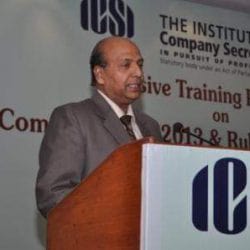 Advocate Pradeep Kumar
Advocate Pradeep Kumar
PK Mittal BCom Delhi university 1975 LLB Delhi University 1978 FCS Fellow Member of ICSI 1992 1982 to 1992 as CS in Corporate Head Legal Apollo Tyres Ltd 1986 to 1992 1993 onwards Advocate in Delhi High Court CESTAT NCLT = Practcising Indirect Tax and Corporate laws 1993 to till date. Written more than 100 Article on Company Law and Corporate laws Indirect Tax Speaker on Indirect Tax Co Law and IBC in various Seminars Workshop organised by ICAI ICSI and ICMA and other organisations Convenor Core Group on GST of ICSI


